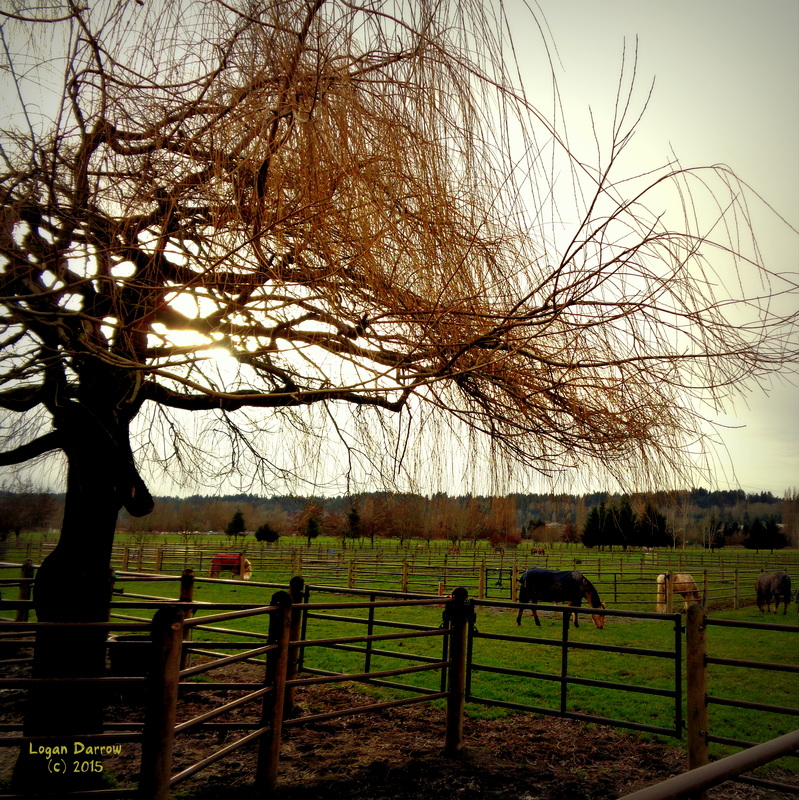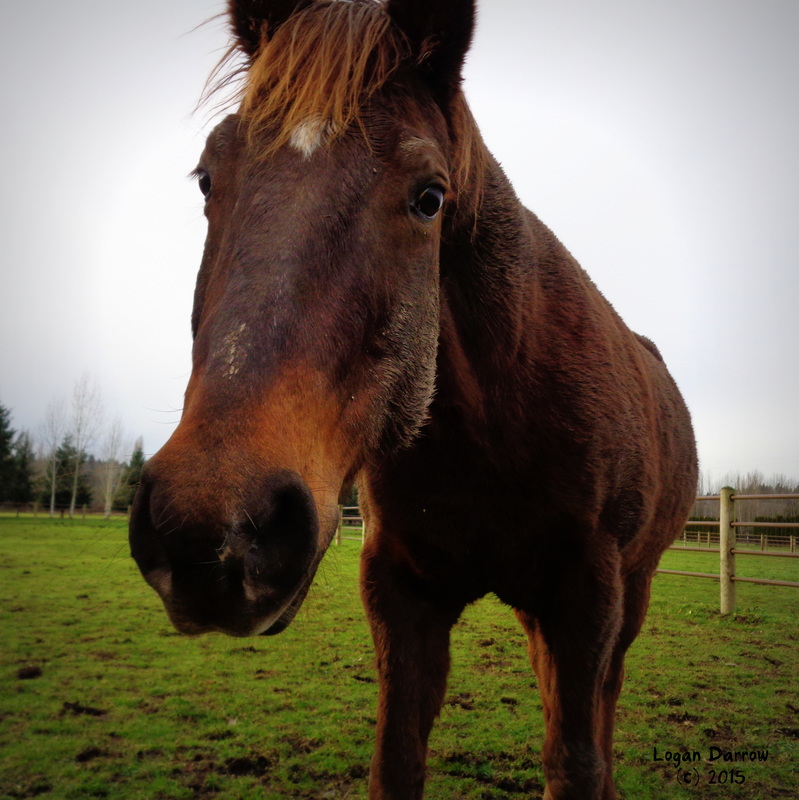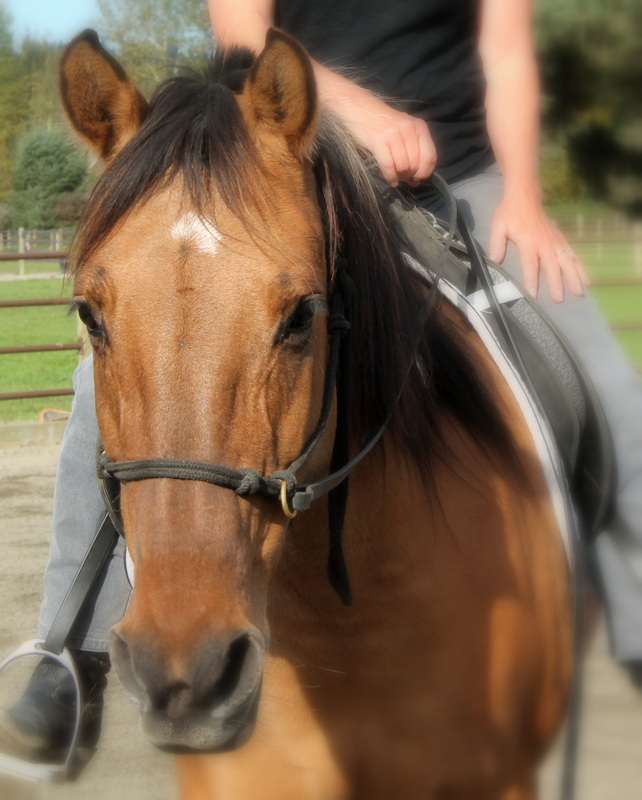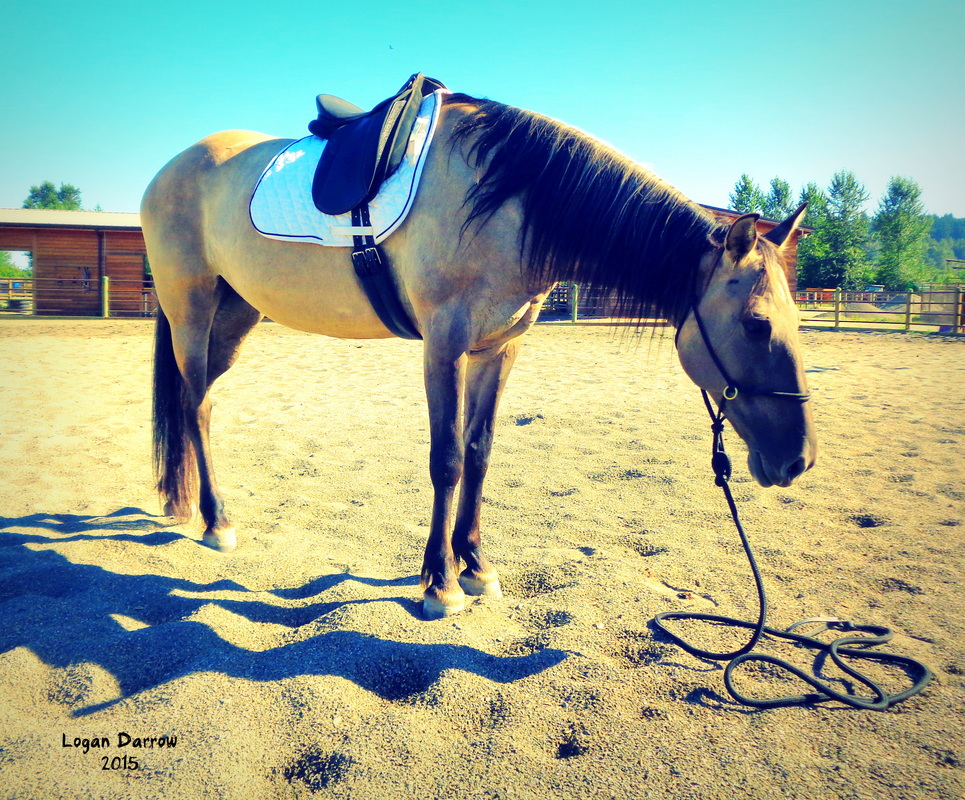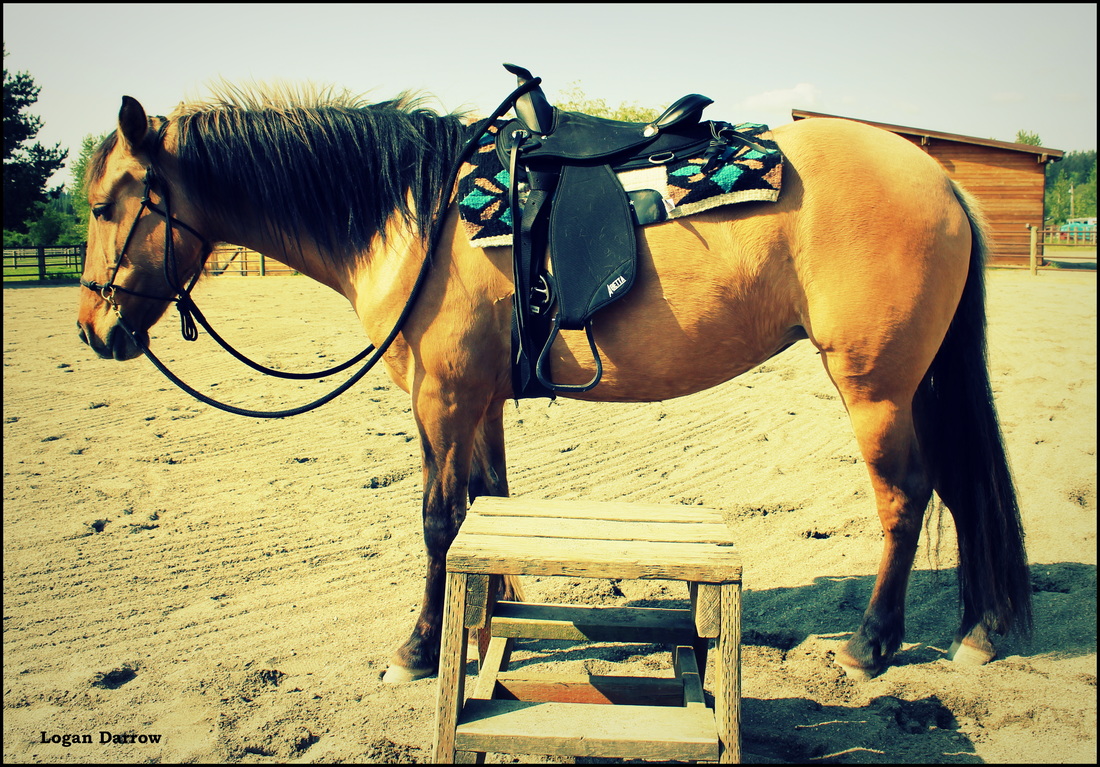How Meditation can Improve Your Relationships with HorsesA frequent topic discussed on horse training groups is “I know I am supposed to leave my emotions at the door, but I have trouble not getting frustrated with my horse. How do I keep from getting frustrated? All sorts of good answers are usually given in the replies: reminders that it is not the horse’s fault, that training is a process, don’t take it personally, expectations are the cause of frustration, progress is being made even if we don’t see it, forgive yourself your mistakes, get someone to help you. Again, all good answers for people who find their blood pressure rising when things aren’t going well with their horse. But what if we had no feelings of frustration or anger that had to be fixed in the moment? “An ounce of prevention is worth a pound of cure” so why not calm our emotions before we even start. How do we truly leave negative emotions at the door, or more exactly, at the arena gate. The horse* is not the source of your frustration – you are the source. You carry that frustration within you, like a seed. You know this intellectually, you just have to learn it emotionally too. Trainer and clinician Warwick Schiller tells us “The horse needs to know the answer before we ask the question.” This means: we can’t expect a horse to respond correctly to something we ask him to do unless we have TRAINED that response first. We can train our emotions in the same way. “Our emotions need to know the answer before we ask the question,”
the question being, “Things aren’t going the way you want them to go – how do you feel about that?”
2 Comments
Saving a Shut Down HorseCrystal Messer wanted to buy a safe, reliable trail horse, and she thought she found what she was looking for on line: a lovely big bay and white paint/draft cross named Ace. He was advertised as a horse that would willingly go out on the trail, and had even been entered in trail competitions. She was able to see photos and videos of him in action; he didn’t spook, buck, kick or rear. She was unable to travel from her home in Arizona to North Carolina in order to ride him herself, but she did all the homework she could to determine that Ace would be a good match for the lifestyle she planned to share with him. Then she experienced one of the worst things that can happen to a new horse owner; the horse that she purchased, when unloaded off the trailer at her house, bore little resemblance to the horse that was advertised. Ace meets Warwick Schiller for the first time in 2015
How to recognize and fix it.The definition of “destination addiction” as it applies to human beings is: a preoccupation with the idea that happiness is in the next place, the next job and with the next partner. Until you give up the idea that happiness is somewhere else, it will never be where you are. Another name for this behavior issue might be the “if only” syndrome. If only this was different, if only that would happen, if only that other person would change. While horses don’t have the intellect to embrace the “idea” of happiness, they know what feels comfortable to them and what doesn’t, and they experience equine destination addiction with commonly seen manifestations such as “gate addiction,” “buddy sour,” “barn sour,” etc. They can suffer from anxiety and they are thinking if only I could get to the gate, or if only I could get back to the barn, or if only I could go stand near that other horse, my anxiety would go away. In other words, there is someplace else they would rather be than Here and Now, with us, their owners and riders. The palomino horse doesn't want to be away from his buddy, the paint horse.
. . . . from my notes at a Warwick Schiller clinic.In the round pen during groundwork, or in the saddle in the arena, if the horse moves out without waiting to be asked, that is anticipation that is undesirable and can even be dangerous. When the rider has one foot in the stirrup and is only halfway on is NOT when the horse should decide it’s OK to start walking off. (Yes, this is acceptable for many people, but not for me. If a horse can’t control himself at the standstill, why would I expect him to control himself at the walk, trot or canter?)
But there are other times when we want our horse to anticipate. If he canters at the sound of a kiss, it is because he learned through anticipation that a backup application of leg or whip will result if he doesn’t pick up the canter. At his 2016 clinic in Mesa, Arizona, Warwick Schiller explained the difference between the two forms of anticipation, and how to prevent the “bad” one and create the “good” one. This was a concept totally new to me, and as usual with everything that Warwick teaches, it's based on common sense and keen observation of equine behavior. My notes on this are only a couple of sentences long, so I have tried to expand a bit to encompass what I learned while watching and listening in person. A Few Thoughts on Feel and TimingWe all remember that scene in An Officer and a Gentleman: Sargent Foley/Lou Gossett Jr. is screaming at Zack Mayo/Richard Gere, trying to get him to DOR (drop out) of Navy Flight School. Foley: I want your DOR! Mayo: I ain’t gonna quit! Foley: You can forget it, you’re out! Mayo: Don’t you do it – don’t! . . . . I got nowhere else to go! So here’s the corollary to horse training: if we start out at the highest level of pressure, and the horse doesn’t respond the way we want him to . . . . . . . we got nowhere else to go!
The Reason Might Surprise YouA lively discussion on my online training group evolved recently over the different ways we lead our horses. Some people lead their horses at the shoulder, others lead their horse behind them. We all have our own valid reasons for doing things a certain way. “I was always taught that you have more control over the horse if you are leading him beside you.” “I don’t like to lead my horse next to me. If something spooks him, he could jump sideways and knock me over.“ "In the wild, horses follow behind each other, it is their natural way of going.” “I don’t like to lead my horse behind me. If something spooks him, he could jump forward and run me over.” “My horse needs to lead at the shoulder because I show him in hand, and those are the rules for the class.” “If your horse respects your personal space, it doesn’t matter where you lead, because he is not going to run you over no matter what happens.” The truth is, there is no absolute right or wrong for this issue. However, I lead my horses behind me, and it has nothing to do with control, safety or tradition. (Click on Read More to continue) Photograph courtesy of Billie Fitzharris
Tips for Helping Your Body Learn Body LanguageAre you new to doing groundwork and thinking "I am such a klutz - I will never get the hang of this!" Well I am a founding member of the Klutz Klub.
Look at this photo of me and Ava when I was first learning how to do groundwork. It's embarrassing - she is running me over, I am facing the wrong way, I was constantly getting the rope tangled around my arms and legs. “The ball is not going to go anywhere until we hit it.” ~ Nancy Lopez, pro golfer, winner of multiple championships. So how the heck does hitting a golf ball compare to training and riding horses? Well, both require that just about every part of your body - head, shoulders, arms, hands, hips, feet - work smoothly together to achieve a specific result, and it can be frustrating when we don't get that result. What Nancy is saying is that while we are swinging the club to hit the ball, we shouldn’t be thinking about what is going to happen to the ball AFTER we hit it. Is the ball going to land in the fairway, what about that sand trap, that pond? Will I lose the ball in the bushes, will the other players make fun of me? |
Your email address will be kept private.
Email me directly at
[email protected] 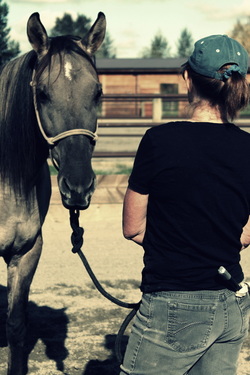
Archives
September 2018
Categories
All
|
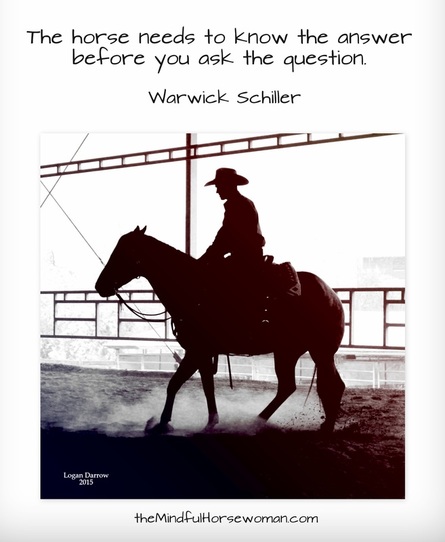
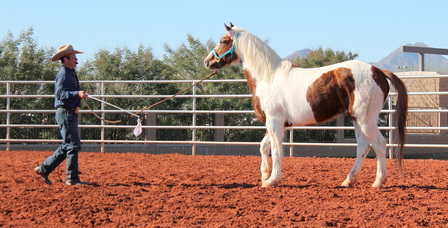
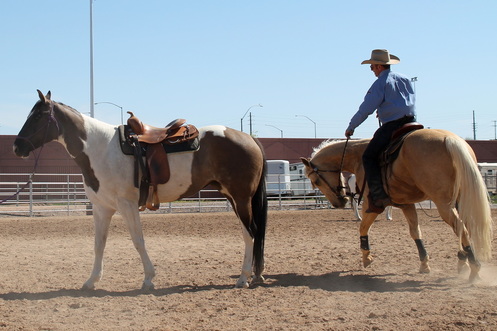
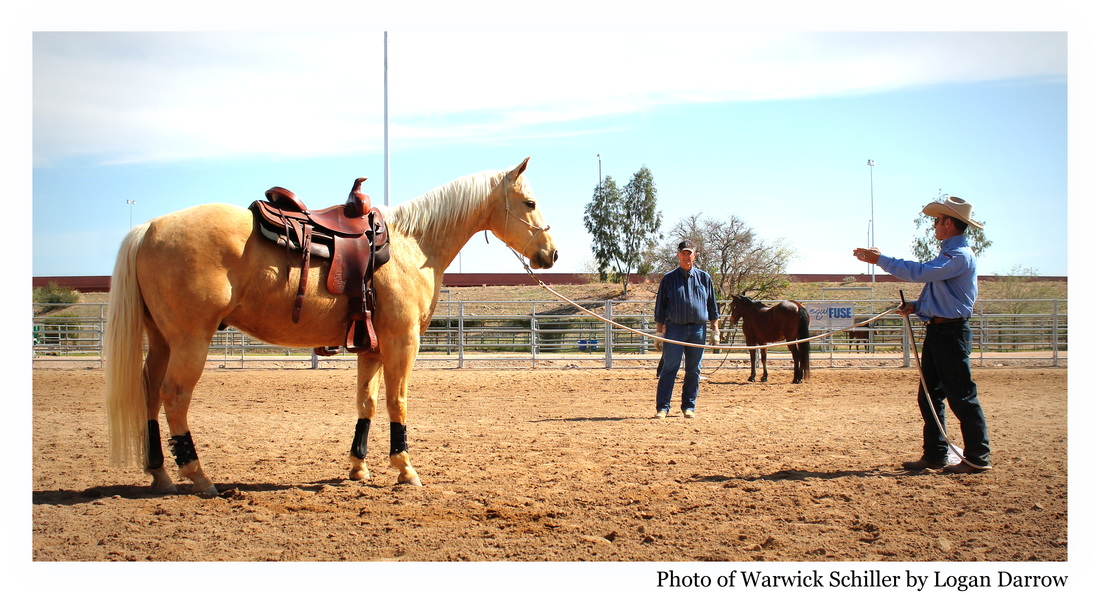
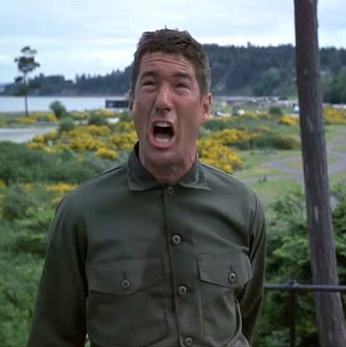
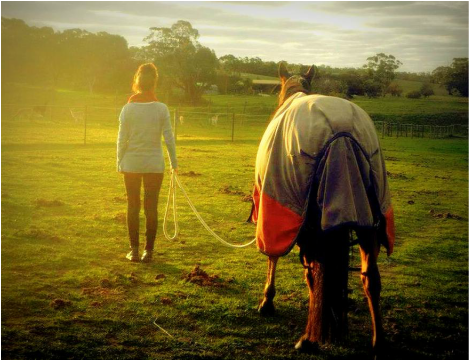
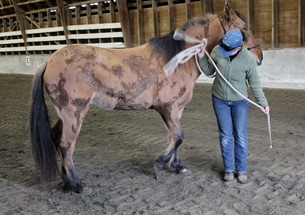
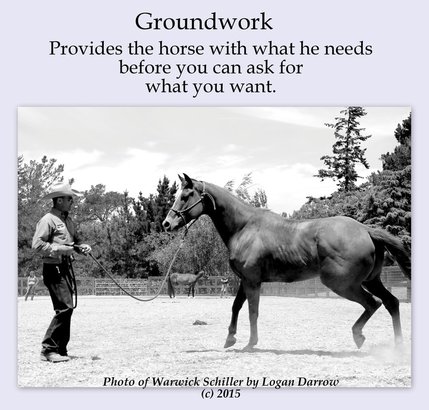
 RSS Feed
RSS Feed
